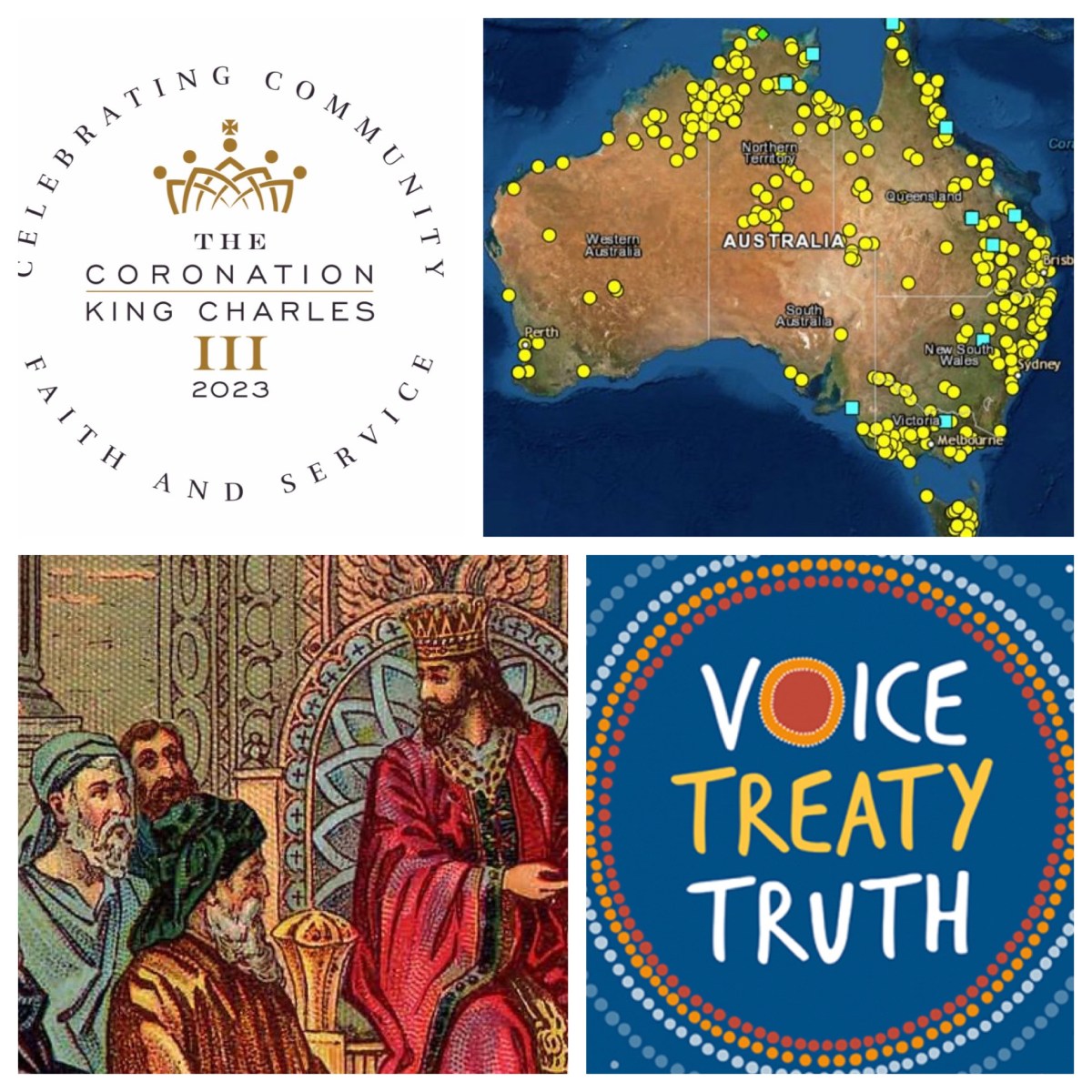When Charles III is crowned as King Charles III, people across the United Kingdom and in Commonwealth countries across the world will be invited to cry out and swear their allegiance to the new King.
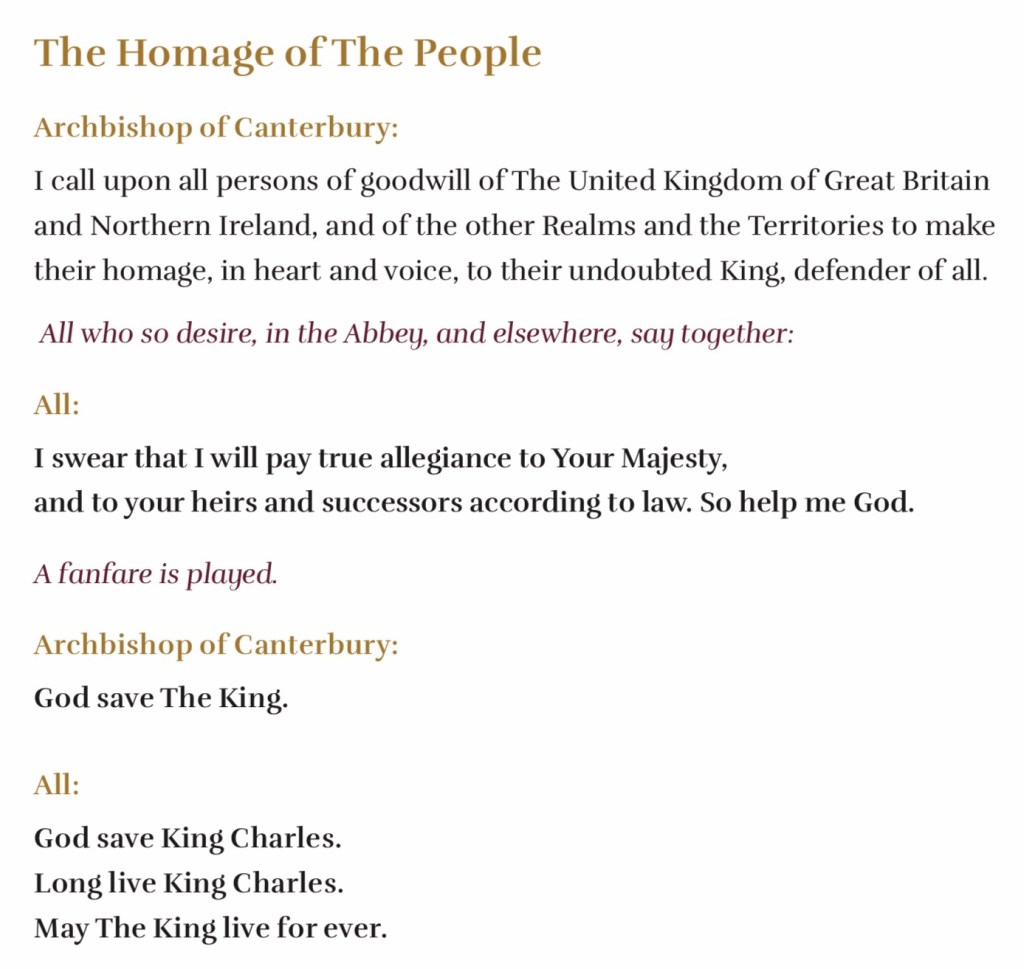
I won’t be doing that. There are two key reasons for this. The first relates to the relationship between Australia and the UK. The second arises from my own faith commitments. In this blog, I will address the first issue.
In the funeral of Elizabeth II last year, prayers were offered for the new King, with the person who holds the office of Garter Principal King of Arms praying to God, “we humbly beseech Almighty God to bless with long life, health and honour, and all worldly happiness the Most High, Most Mighty and Most Excellent Monarch, our Sovereign Lord, Charles III, now, by the Grace of God, of the United Kingdom of Great Britain and Northern Ireland and of His other Realms and Territories King, Head of the Commonwealth, Defender of the Faith, and Sovereign of the Most Noble Order of the Garter”.
Charles has many other titles, as well as that of King. In Scotland, Charles continues to be known also as “His Royal Highness The Duke of Rothesay”. In England, he likewise continues as “His Royal Highness The Duke of Cornwall”. The hegemony of the royals must continue to be buttressed by the arcane titles, it seems. In Wales, whilst he used to be “His Royal Highness The Prince of Wales”, as the heir apparent to the throne, that title moved from him on the death of his mother, to rest on his eldest son, William Prince of Wales. All of this titular profligacy relates to the history of the peoples of the UK over the past millennia. That’s their business, and they need to deal with all of that.
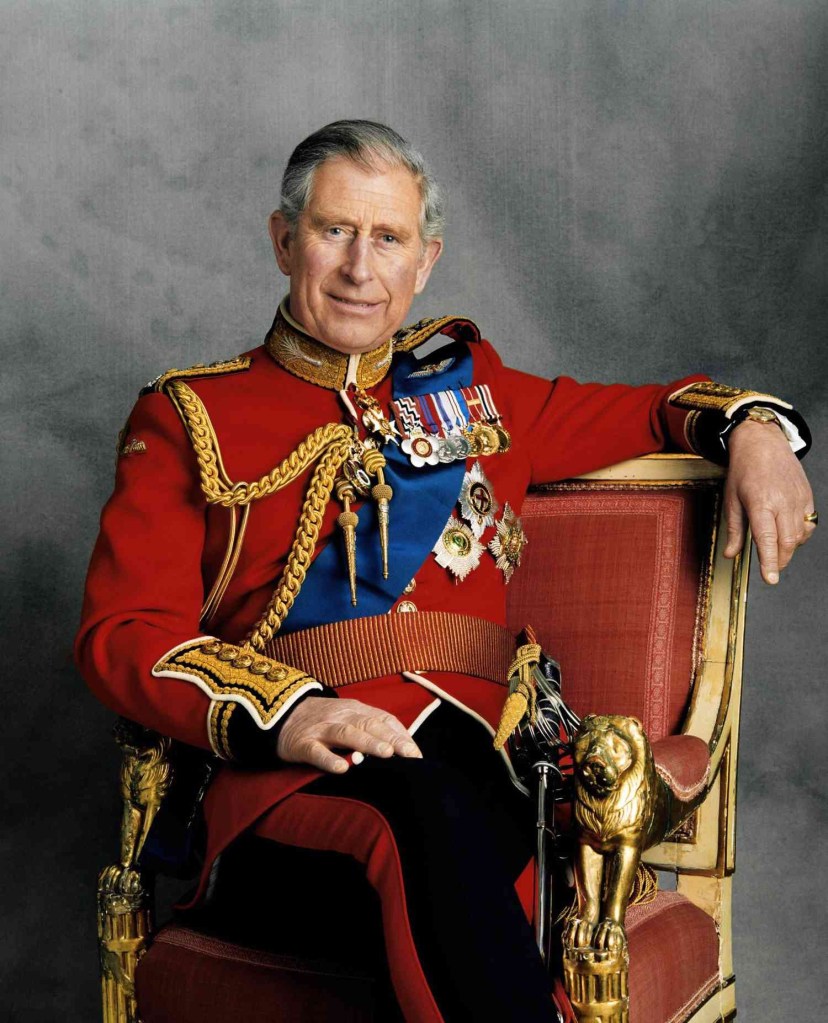
In Australia, on the death of his mother, the former Prince of Wales became “His Majesty Charles the Third, by the Grace of God, King of Australia and His other Realms and Territories, Head of the Commonwealth”. That claim, King of Australia, is based on the claims for the land made long before in the “secret instructions” given to James Cook in 1768, before he set off for his trip to the south that included a time of sailing along the eastern coastline of the continent we now call Australia.
*****
Those instructions specified that Lieutenant Cook, in the event that he found the Continent, should chart its coasts, obtain information about its people, cultivate their friendship and alliance, and annex any convenient trading posts in the King’s name. Cook went one step further: on behalf of the King (an ancestor of Charles III), he laid claim to the lands he had sighted as a British possession.
Cook had navigated along the coast of New Zealand, before he turned west, reaching the southern coast of New South Wales on 20 April 1770.—the day that now is remembered each year as “when Captain Cook discovered Australia”—a statement that contains two central historical inaccuracies! Cook was then only a Lieutenant; he was promoted to Captain at a later date.
Further, James Cook did not “discover” the land—other European sailors had charted the western coast in years before, and the continent itself had been home to Indigenous peoples for millennia before then.
Lieutenant Cook sailed north, landing at Botany Bay one week later, before continuing to chart the Australian coast all the way north to the tip of Queensland. There, on Possession Island, just before sunset on Wednesday 22 August 1770, he declared the land to be a British possession:
“Notwithstand[ing] I had in the Name of His Majesty taken possession of several places upon this coast, I now once more hoisted English Coulers and in the Name of His Majesty King George the Third took possession of the whole Eastern Coast . . . by the name New South Wales, together with all the Bays, Harbours Rivers and Islands situate upon the said coast, after which we fired three Volleys of small Arms which were Answerd by the like number from the Ship.”
Cook had recorded signs that the coast was inhabited during the voyage north, had met a number of the Aboriginal inhabitants, and here he noted as he returned to the ship the great number of fires on all the land and islands about them, “a certain sign they are Inhabited”. But he still pressed ahead with his report that he had claimed all the lands for the British Crown. This was done, despite the fact that he knew there were inhabitants in the land.
Cook planted the British flag on the continent of Australia. He demonstrated how the imperial colonising power operated: the land, and the people, were to be subsumed under imperial rule, simply because the imperial power wished that to be so. The people already living in those places were simply to bend in obedience to this greater power. And, as we know, if they resisted, they would be met with force, violence, and murder.
See more at
*****
All of this was enforcing the pattern that had been proposed centuries earlier by a papal decree that established the Doctrine of Discovery—something that all the Christian nations in Europe had willingly followed. There was a long-standing understanding amongst these European trading powers, that they had every right—indeed, a divine right—to explore, invade, colonise, and convert the “natives” of distant lands.
On the Doctrine of Discovery, see https://www.creativespirits.info/aboriginalculture/land/how-was-aboriginal-land-ownership-lost-to-invaders and my reflections at
The imposition of British rule was not without cost for the people who were already inhabiting the land when the colonisers arrived in 1788. A recent venture based in the University of Newcastle has been charting the many massacres that took place across the continent, from the early years of the British Invasion, through into the early 20th century.
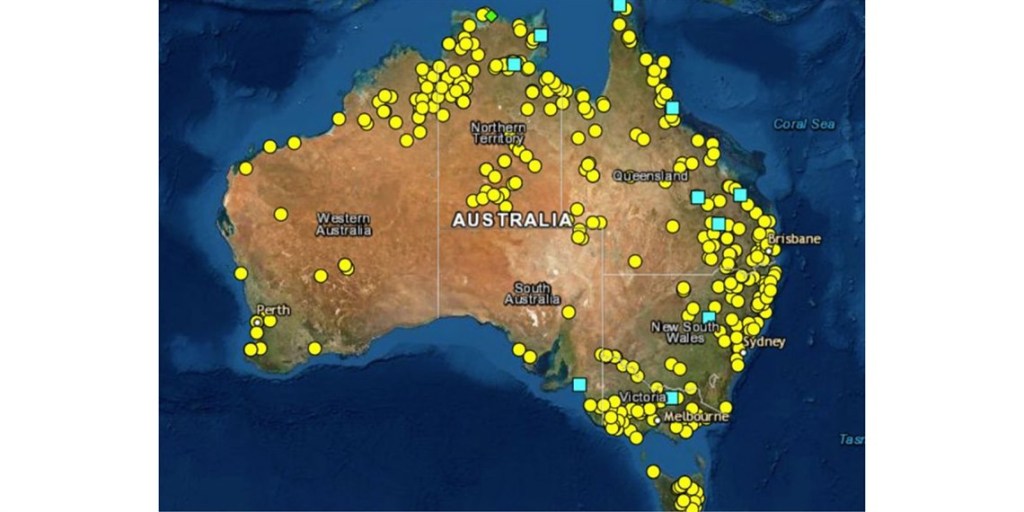
of Indigenous Peoples took place since 1788
We perpetuate the hurt by continuing with 26 January as our “national day”, as well as by continuing with a system of constitutional government that places the UK monarch at the top of the hierarchy, as the Head of State of Australia. A foreign hereditary ruler as the Head of State in Australia? That is an absurd arrangement for our times.
So I won’t be crying out my allegiance to the newly-crowned King; rather, I will be quietly reaffirming the reality of Australia at this point in time. That reality is well-encapsulated by the three words, Voice—Treaty—Truth.
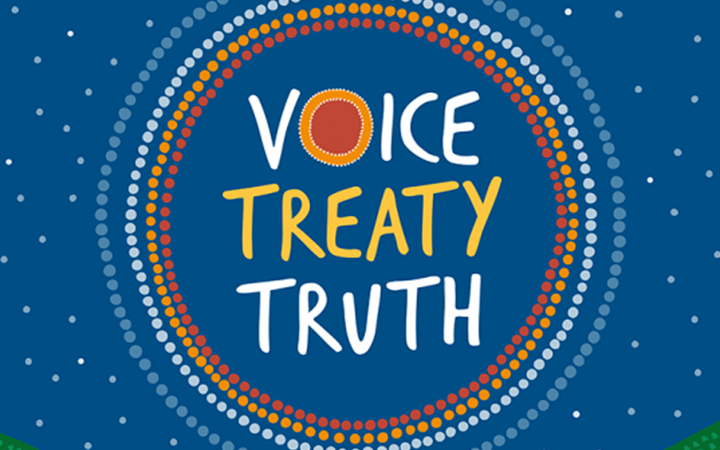
Drawing on the experience of First Peoples, we need to tell the Truth and name the settlement of this continent as a colonising movement, generated by foreign imperialism, manifesting in violent invasion and genocidal massacres, spread from north to south, from east to west, of this continent. We must continue to prioritise this commitment to tell the truth. This truth is that the 18th century British crown oversaw and approved of that terrible genocidal colonising invasion. See
Alongside that, I think we need to repudiate the Doctrine of Discovery, that medieval theological foundation upon which the worldwide invasion and colonisation of lands was based—including the invasion and colonisation of Terra Australis. King George III, who was the monarch of the day, was following the Doctrine of Discovery by sending Cook to the southern seas. Repudiating this doctrine is part of our commitment to tell the truth. My own church, the Uniting Church in Australia, agreed to repudiate that doctrine in 2015. See
Furthermore, we need to be committed to talking Treaty. We need to see the formalisation of treaties with the various nations of Peoples who have inhabited, nurtured and cared for this land since time immemorial. This commitment is based on a recognition of the Sovereignty of each of those nations, sovereignty over the land that the people have inhabited, nurtured, and cared for over those many millennia.
See https://www.insights.uca.org.au/hear-the-statement-from-the-heart/
Sovereignty, as articulated in the Statement from the Heart of 2017, is understood by the First Peoples as a spiritual notion, reflecting the ancestral tie between the land and the First Peoples. See
Finally—and most topical of all—we need to support the Voice that will be the subject of a referendum later this year. The Voice to Parliament will ensure that the needs and concerns of First Peoples are always given due consideration in the policy-making processes of our federal government. See
Voice, Treaty, Truth—that’s the threefold commitment that I consider to be important on this coronation weekend. Not swearing allegiance to a highly-privileged hereditary foreigner, but reaffirming the reality of what we need to do to honour the First People of this land.
*****
See also

